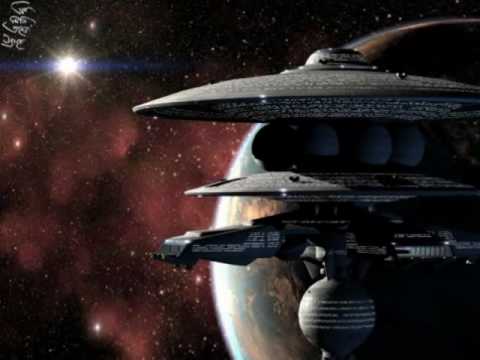Call them the Firstborn. Though they were not remotely human, they were flesh and blood, and when they looked out across the deeps of space, they felt awe, and wonder— and loneliness. As soon as they possessed the power, they began to seek for fellowship among the stars.
In their explorations, they encountered life in many forms, and watched the workings of evolution on a thousand worlds. They saw how often the first faint sparks of intelligence flickered and died in the cosmic night.
And because, in all the Galaxy, they had found nothing more precious than Mind, they encouraged its dawning everywhere. They became farmers in the fields of stars; they sowed, and sometimes they reaped.
And sometimes, dispassionately, they had to weed.
The great dinosaurs had long since passed away, their morning promise annihilated by a random hammerblow from space, when the survey ship entered the Solar System after a voyage that had already lasted a thousand years. It swept past the frozen outer planets, paused briefly above the deserts of dying Mars, and presently looked down on Earth.
Spread out beneath them, the explorers saw a world swarming with life. For years they studied, collected, catalogued. When they had learned all that they could, they began to modify. They tinkered with the destiny of many species, on land and in the seas. But which of their experiments would bear fruit, they could not know for at least a million years.
